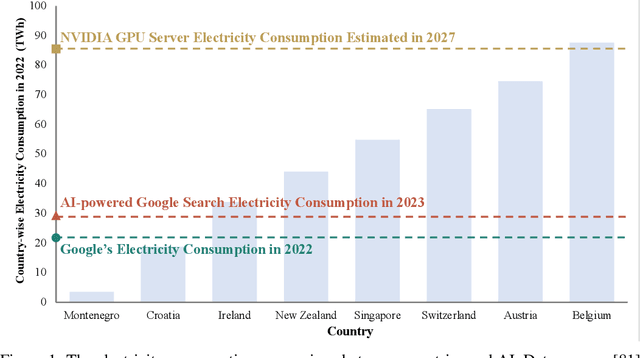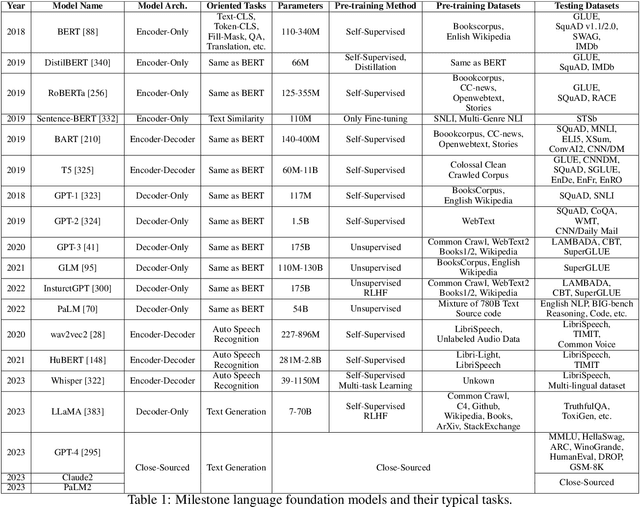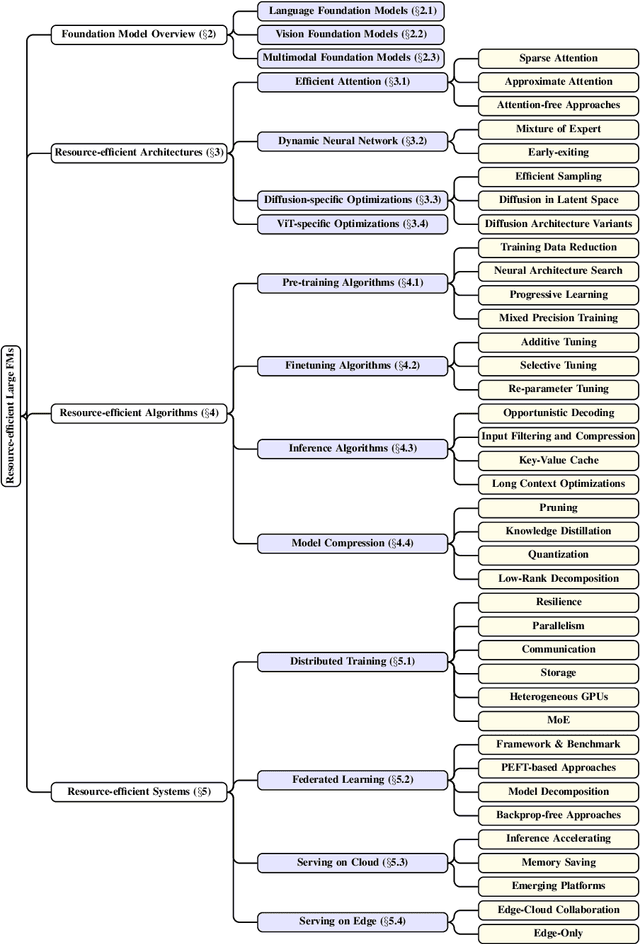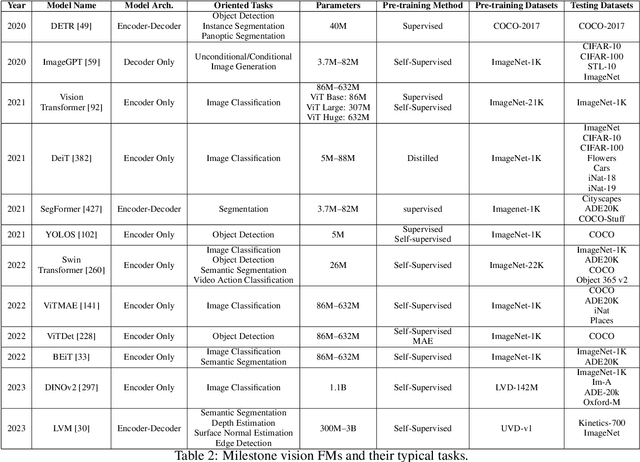Daliang Xu
Empowering 1000 tokens/second on-device LLM prefilling with mllm-NPU
Jul 08, 2024



Abstract:On-device large language models (LLMs) are catalyzing novel mobile applications such as UI task automation and personalized email auto-reply, without giving away users' private data. However, on-device LLMs still suffer from unacceptably long inference latency, especially the time to first token (prefill stage) due to the need of long context for accurate, personalized content generation, as well as the lack of parallel computing capacity of mobile CPU/GPU. To enable practical on-device LLM, we present mllm-NPU, the first-of-its-kind LLM inference system that efficiently leverages on-device Neural Processing Unit (NPU) offloading. Essentially, mllm-NPU is an algorithm-system co-design that tackles a few semantic gaps between the LLM architecture and contemporary NPU design. Specifically, it re-constructs the prompt and model in three levels: (1) At prompt level, it divides variable-length prompts into multiple fixed-sized chunks while maintaining data dependencies; (2) At tensor level, it identifies and extracts significant outliers to run on the CPU/GPU in parallel with minimal overhead; (3) At block level, it schedules Transformer blocks in an out-of-order manner to the CPU/GPU and NPU based on their hardware affinity and sensitivity to accuracy. Compared to competitive baselines, mllm-NPU achieves 22.4x faster prefill speed and 30.7x energy savings on average, and up to 32.8x speedup in an end-to-end real-world application. For the first time, mllm-NPU achieves more than 1,000 tokens/sec prefilling for a billion-sized model (Qwen1.5-1.8B), paving the way towards practical on-device LLM.
A Survey of Resource-efficient LLM and Multimodal Foundation Models
Jan 16, 2024



Abstract:Large foundation models, including large language models (LLMs), vision transformers (ViTs), diffusion, and LLM-based multimodal models, are revolutionizing the entire machine learning lifecycle, from training to deployment. However, the substantial advancements in versatility and performance these models offer come at a significant cost in terms of hardware resources. To support the growth of these large models in a scalable and environmentally sustainable way, there has been a considerable focus on developing resource-efficient strategies. This survey delves into the critical importance of such research, examining both algorithmic and systemic aspects. It offers a comprehensive analysis and valuable insights gleaned from existing literature, encompassing a broad array of topics from cutting-edge model architectures and training/serving algorithms to practical system designs and implementations. The goal of this survey is to provide an overarching understanding of how current approaches are tackling the resource challenges posed by large foundation models and to potentially inspire future breakthroughs in this field.
LLMCad: Fast and Scalable On-device Large Language Model Inference
Sep 08, 2023Abstract:Generative tasks, such as text generation and question answering, hold a crucial position in the realm of mobile applications. Due to their sensitivity to privacy concerns, there is a growing demand for their execution directly on mobile devices. Currently, the execution of these generative tasks heavily depends on Large Language Models (LLMs). Nevertheless, the limited memory capacity of these devices presents a formidable challenge to the scalability of such models. In our research, we introduce LLMCad, an innovative on-device inference engine specifically designed for efficient generative Natural Language Processing (NLP) tasks. The core idea behind LLMCad revolves around model collaboration: a compact LLM, residing in memory, takes charge of generating the most straightforward tokens, while a high-precision LLM steps in to validate these tokens and rectify any identified errors. LLMCad incorporates three novel techniques: (1) Instead of generating candidate tokens in a sequential manner, LLMCad employs the smaller LLM to construct a token tree, encompassing a wider range of plausible token pathways. Subsequently, the larger LLM can efficiently validate all of these pathways simultaneously. (2) It employs a self-adjusting fallback strategy, swiftly initiating the verification process whenever the smaller LLM generates an erroneous token. (3) To ensure a continuous flow of token generation, LLMCad speculatively generates tokens during the verification process by implementing a compute-IO pipeline. Through an extensive series of experiments, LLMCad showcases an impressive token generation speed, achieving rates up to 9.3x faster than existing inference engines.
 Add to Chrome
Add to Chrome Add to Firefox
Add to Firefox Add to Edge
Add to Edge